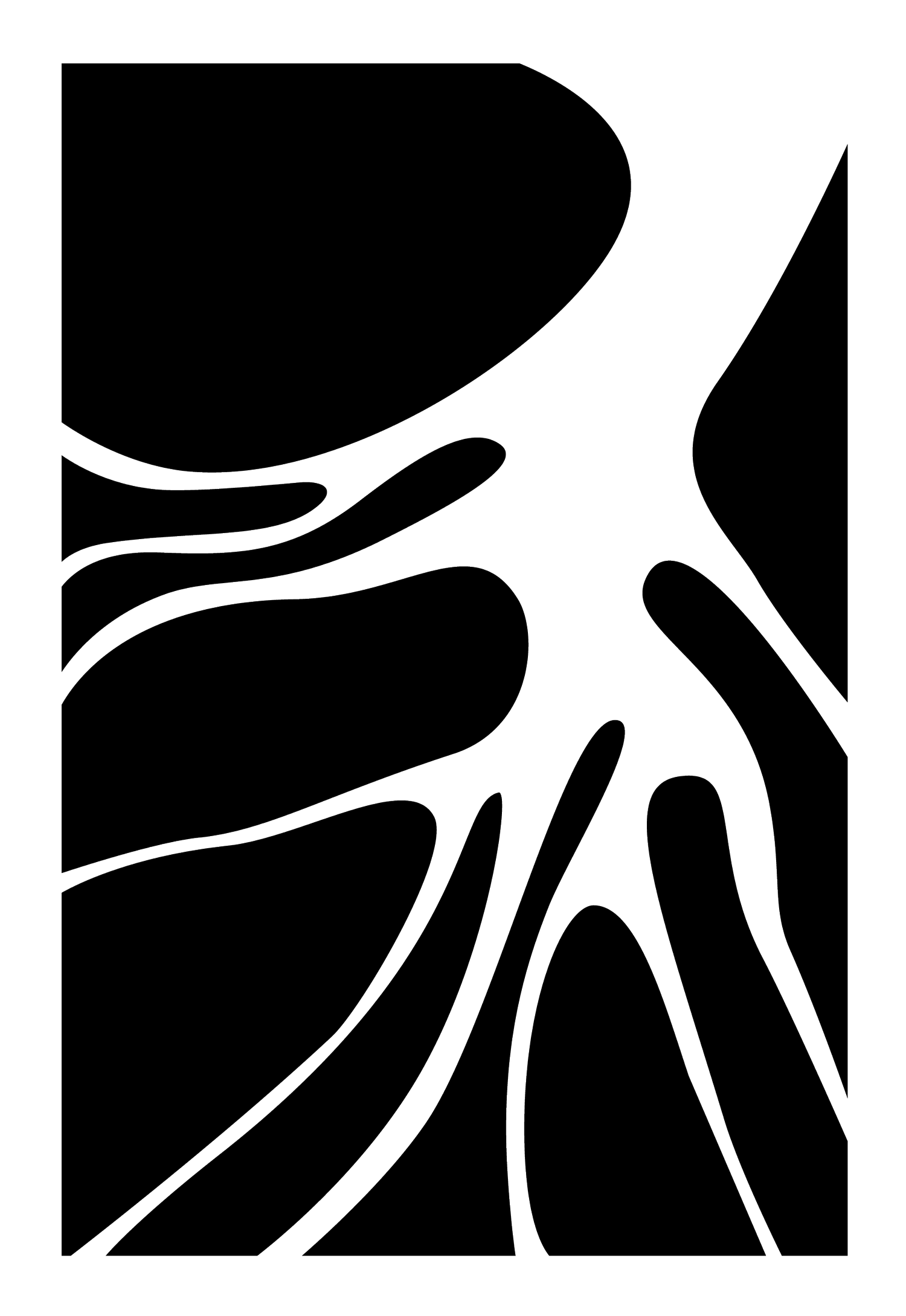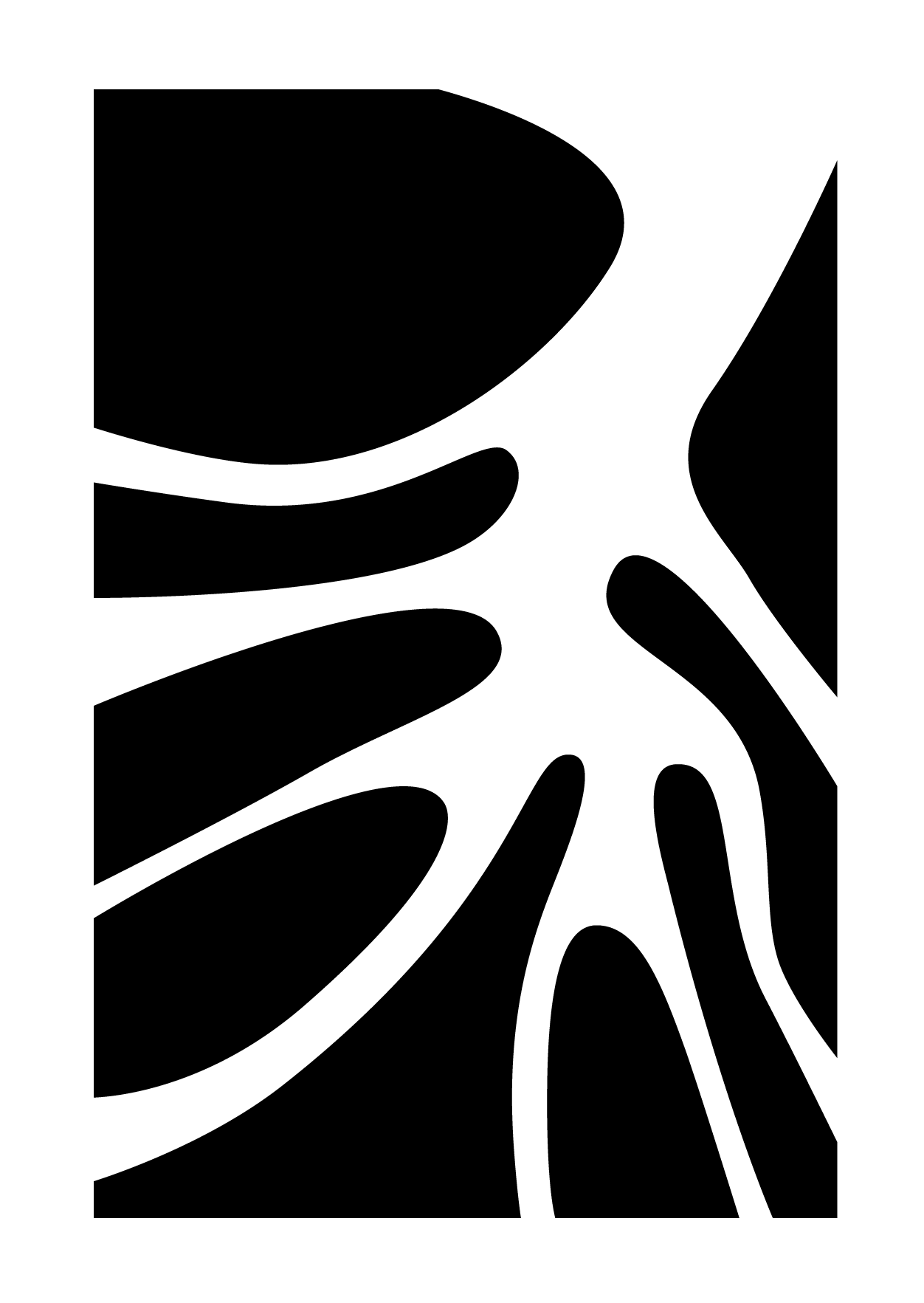the sixth extinction
by Deepti Kamma
the sixth extinction
the beginning of the end.
i sat down one evening
to write a list—
a list i hoped would be short
and simple and quick—
list of a few names
and a few places—
no more
no more
but the list went on and on,
and
the more i searched
the more it grew
the more frantic i became
as reality came crashing through the door
and made itself home
in the crevices of my thoughts
i wrote and i wrote
as the pen ran out of ink
and the paper bled with tears
i wrote until i could write no more
no more
no more
it was a list veiled in black
and echoing with silent screams
it was a list of the dying
and its length was too long
most people write bucket lists
of things they want to do,
places they want to see,
memories they want to make
before they take their final breath—
but i,
i wrote a list of beings
i want to see before they vanish
it’s different, you see
in this list,
they are the ones that are dying,
not i.
one. lonely.
we all feel alone sometimes
some
more than others
and sometimes
we renounce our ecological nature
that writ us to be social beings
and we make ourselves
islands
in a sea of seven billion
but do we know the meaning
of true loneliness?
perhaps we should ask
the Achatinella apexfulva snail
or the Panamanian golden frogs
perhaps we should have
asked Lonesome George,
or Benjamin the
Tasmanian tiger
because
what do we know of being an
endling—
the last individual on the records
before your species is marked
with a sigh and a thin red line
we know nothing
of the true
meaning of
one
two. it takes two.
we have this concept of love
as something that cannot be defined
love, ah love, we say
a whisper in your ear, a yell of joy
it’s sunshine, it’s rain, it’s the blue sky and the clouds
it’s everything in a rush
it’s the hush of quiet
but what is it really?
other than a chain of
biochemical and neural
pathways in your brain
and your hormones—
a complex system built
to satiate the evolutionary drive
to procreate
our romantic sensibilities
prevent us from
reducing love
to such an artificial context
but when the species we have decimated
to such an extent
that there are
only two
left,
we have no choice
and gone are our
notions
of love and mating
replaced with the cold
touch of artificial reproduction
and the warm prayers
and hopes
of those who care.
three. three’s a crowd?
it keeps me up at night
the
thought of three
gentle behemoths,
wrinkled skin
doe-eyed composure
the last of the
northern white rhinos
surrounded by 24-hour
constant vigilance and
an armed guard
who work to keep
these animals from
joining that list
of too many
and it strikes me
as a tragic dichotomy—
the thought of these creatures
protected by the species
that had caused them
the greatest harms
and what a terrible role
we play in
the natural world
as
the murderers and the healers
the sinners and the saints
four. jaws.
the scariest movie i’ve seen
is jaws—
the story of a monstrous shark
hungry for blood off the coast
of New England—
oh god
i refused to go to the beach
the summer i had first seen it, i would play
safely in the grass by the pool
years later,
i came across a pair of dead
baby sharks
swept ashore
tiny little creatures
with fins the size of my fingers
alone, unmoving
cradled by the soft lapping
of the tide
and all i could feel was a sudden rush
of love and grief
that night i watched jawsagain
with this newfound perspective
and dreamt
of fins gracefully gliding through
the surface of waves
and the other day
i learnt that
¼ of all sharks and rays
are currently threatened
with death and extinction
and it’s clear that the real villains
in the cinema of reality
is us
it’s the fish markets
we rely on to feed our populations
it’s the ships and boats
we use to transport all our wants
because
and we are ruining our waters
with waste and pollution
and we are draining
our oceans of all beauty and life
one
apathetic
trawl
at a time
and yet
we still have the audacity
to see sharks
as the villains of the seas
five. the past.
sometimes i lay on the
ground outside
and think of everything
the world beneath my fingertips
has gone through
the first spark of life
to the first multicellular organism
to the phenomenon of autotrophy
the survival of microbes
the cambrian explosion
to the colonization of land
ancient jellyfish
and ancestral chordata
and insects and dinosaurs
and small mammals
the immense quantity and diversity
of sheer life throughout
the history of our planet
each distinct era marked
with death
and destruction—
a fundamental shift
in the natural order—
a time of ruination
and resurgence
a mother’s chastise
that even the giants
can fall
a mother’s protection
for the smaller lives
that deserve a chance
i think about all these things
and i stretch my fingertips
across the planet
and i sink my body
into the ground
and seek
the depth of struggle
the depth of survival
of those long dead.
six. now.
it is clear
what is happening
around us,
around the world
if only we can
open our eyes
and watch
as species once innumerable
are reduced
to numbers we can count
on a single hand
if only we could all
follow that list of grief
i made that one evening
and travel to kenya, belize, australia
china, france, malaysia and beyond
and just look at all the
life we are draining
look at each individual
of each species
in the eyes
because
it is clear
we are the asteroid
we are the cataclysmic change
of the atmosphere and climate
we are the apocalypse
that have led so many before us
to untimely deaths
and in the face of
despair and
hopelessness,
i ask myself
standing alone
staring at the bathroom mirror
what will you do?
and i ask strangers i pass
on the way to our 8AM classes
what will you do?
and i ask you—my lovely reader,
thank you reading this, but
what will you do?
the beginning of the end.
weariness takes ahold
in the creaks of my bones
and the timbre of my voice
the word “tired” flows with my blood
and weighs down in my heart.
i cannot go on.
but i must.
i must write, i must read
i must listen, i must speak.
for all the flora and fauna
their future and ours
i must.
and so i will.
Deepti Kamma is a senior at UMass Amherst juggling a double major of Biology and Environmental Science, her passions for ecological conservation and policy-making, and her love for the written word. You might find her walking through the woods or scribbling in her notebook on a hilltop.

